Leadership and Management in Service Industries: An Overview
VerifiedAdded on 2023/02/01
|10
|683
|21
Report
AI Summary
This report delves into the crucial aspects of leadership and management within the service industries. It begins by outlining the importance of both hard and soft skills, emphasizing their role in enhancing efficiency and customer satisfaction. The report then explores the impact of digital technologies on staff development and the need for managers to adapt to new operating systems. It further examines different leadership styles, such as the autocratic approach used by Docklands Academy and the directive behavior needed in the tour and tourism industry. The report concludes by highlighting the significance of digitalization in streamlining service operations and the varied leadership approaches required to meet diverse industry needs, referencing the application of these concepts within Docklands Academy's restaurant chain and the broader service sector landscape. The report also includes references to academic sources.
1 out of 10


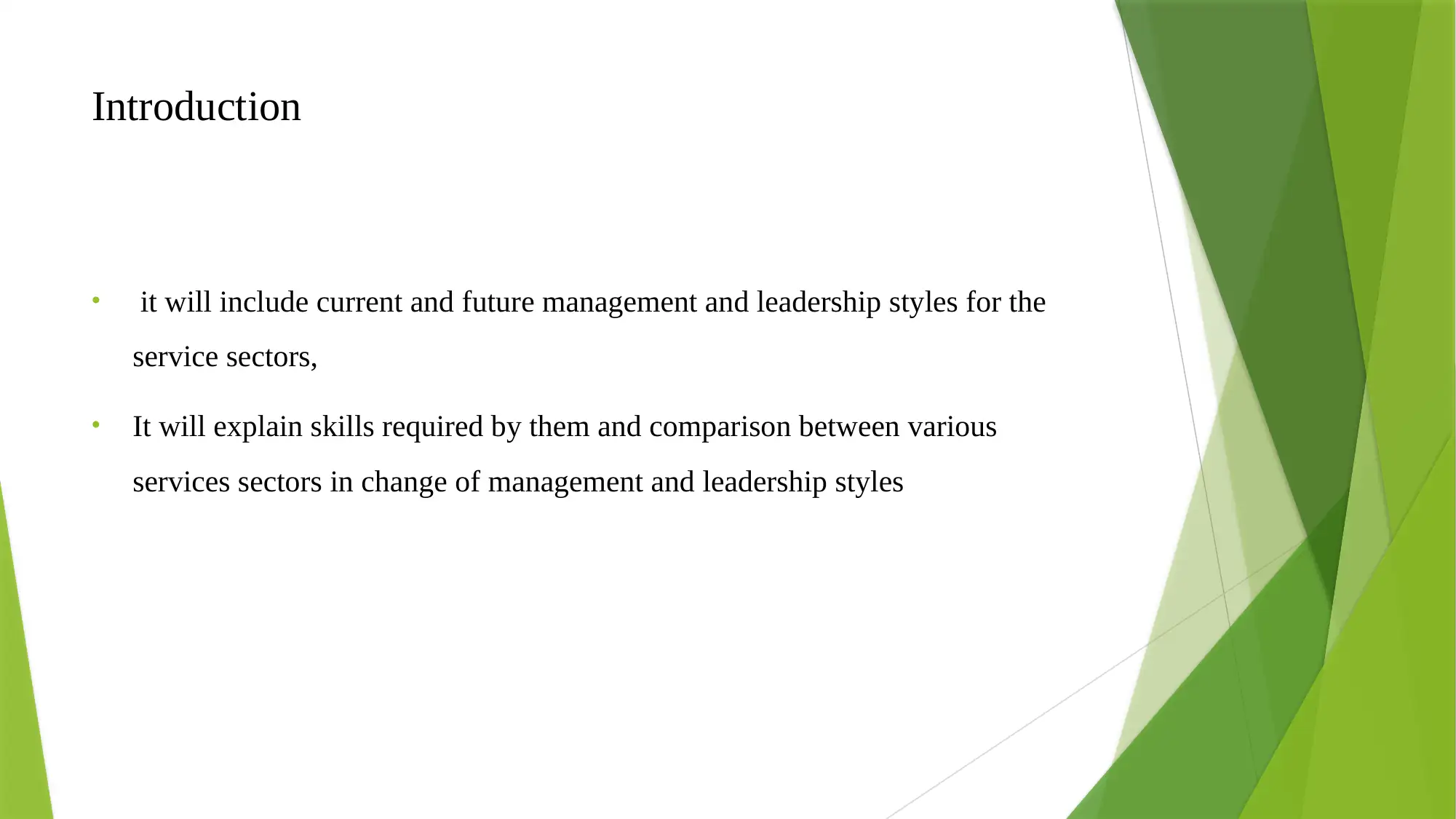

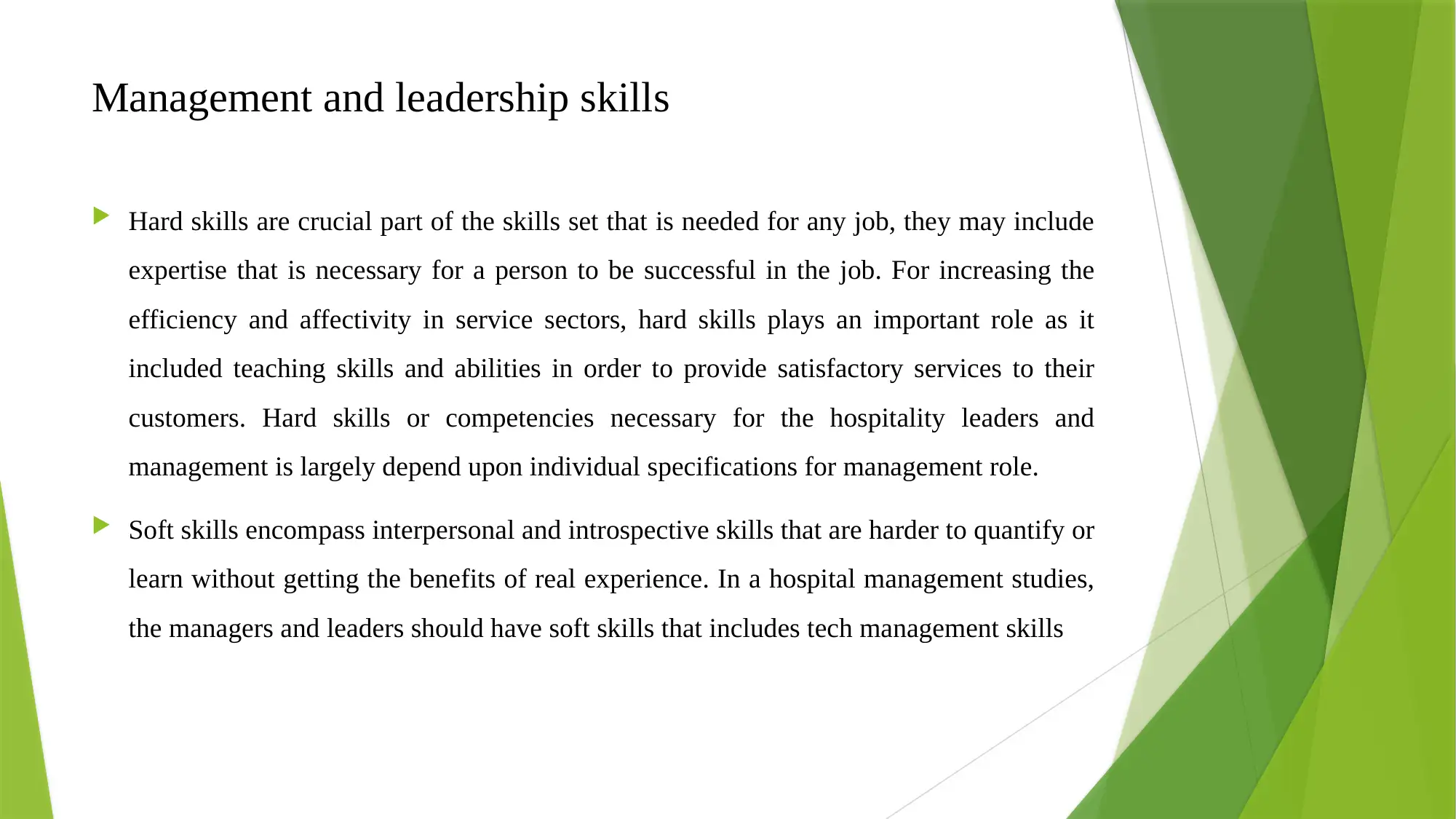
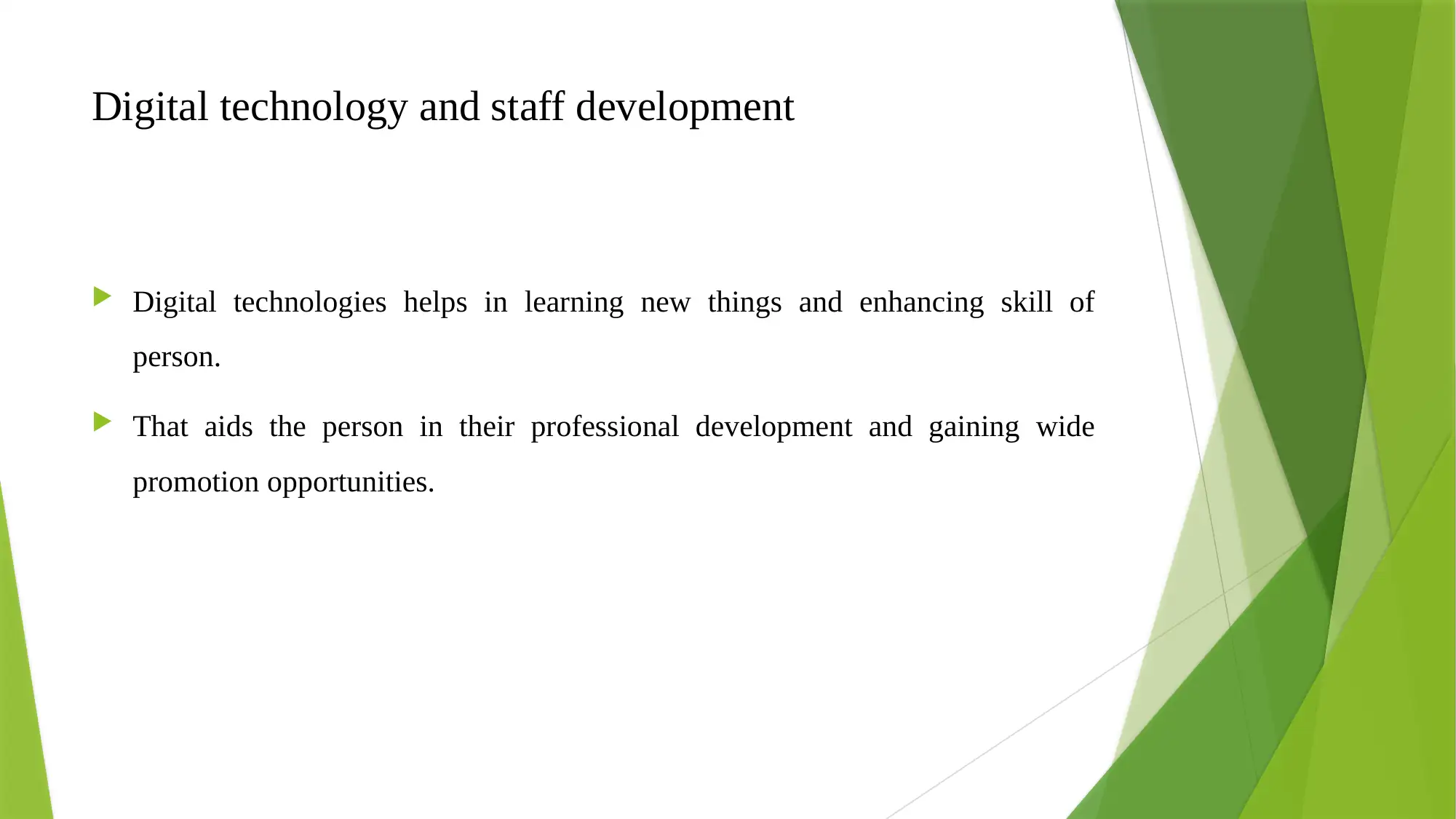
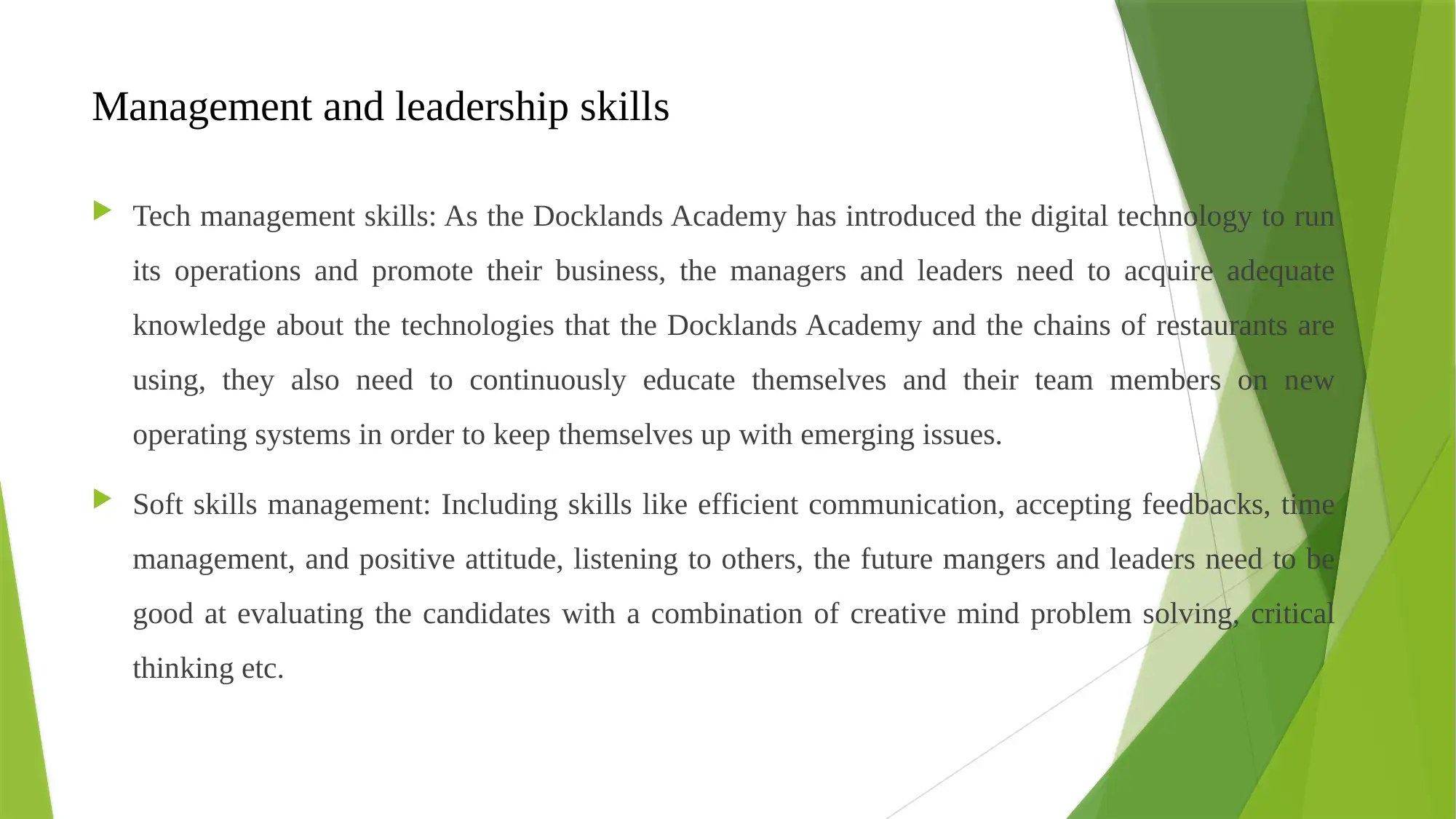
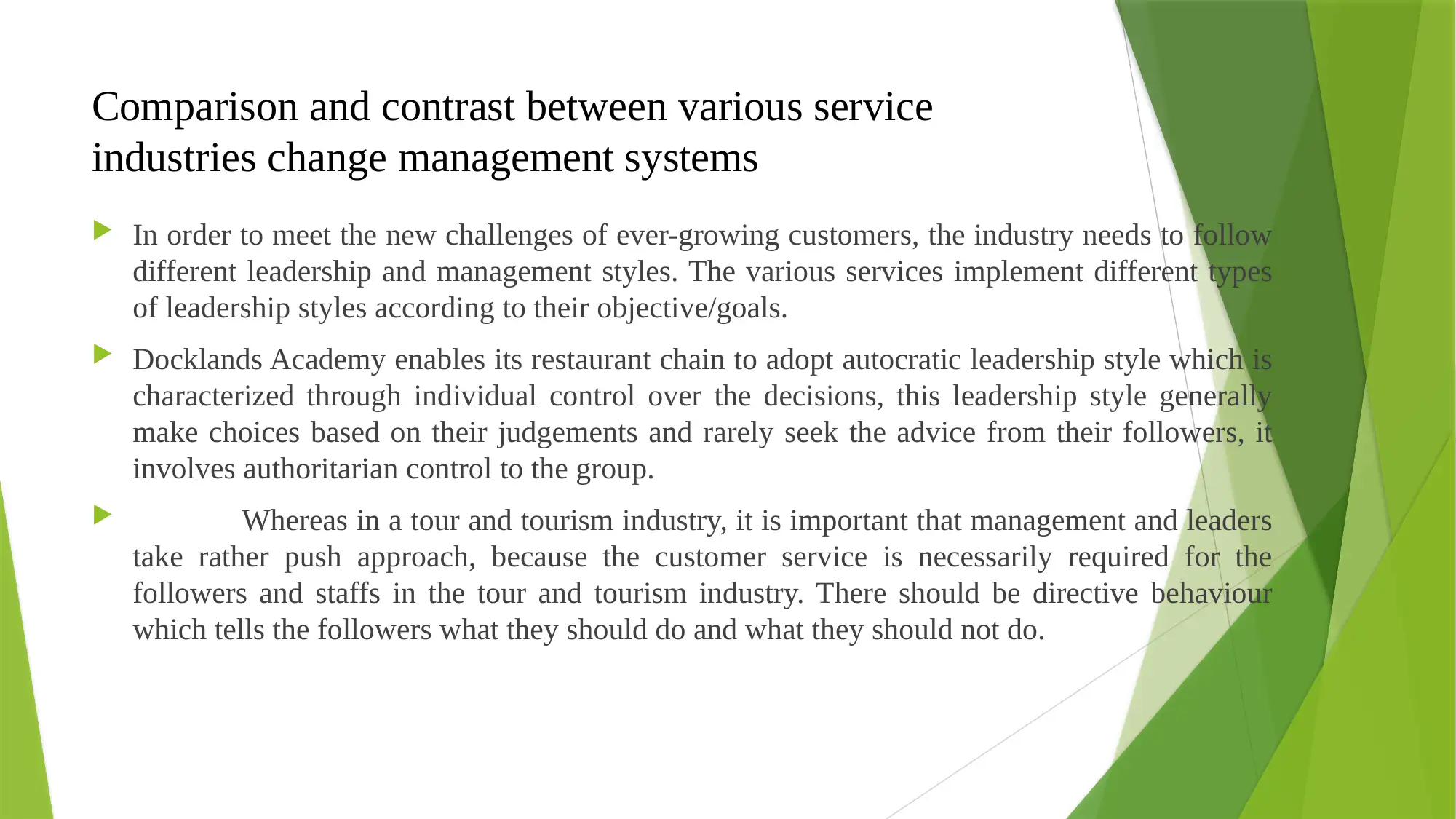
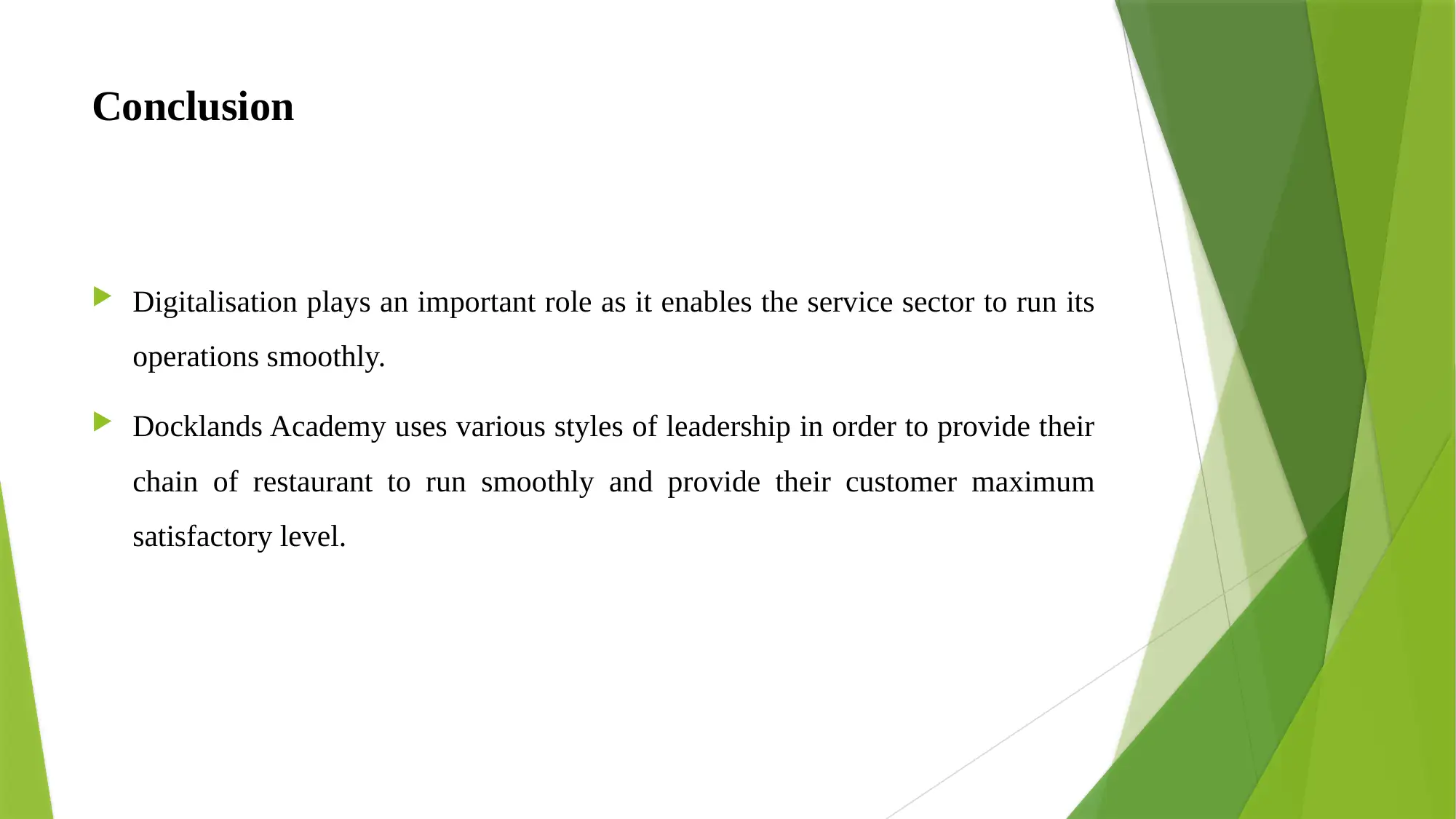
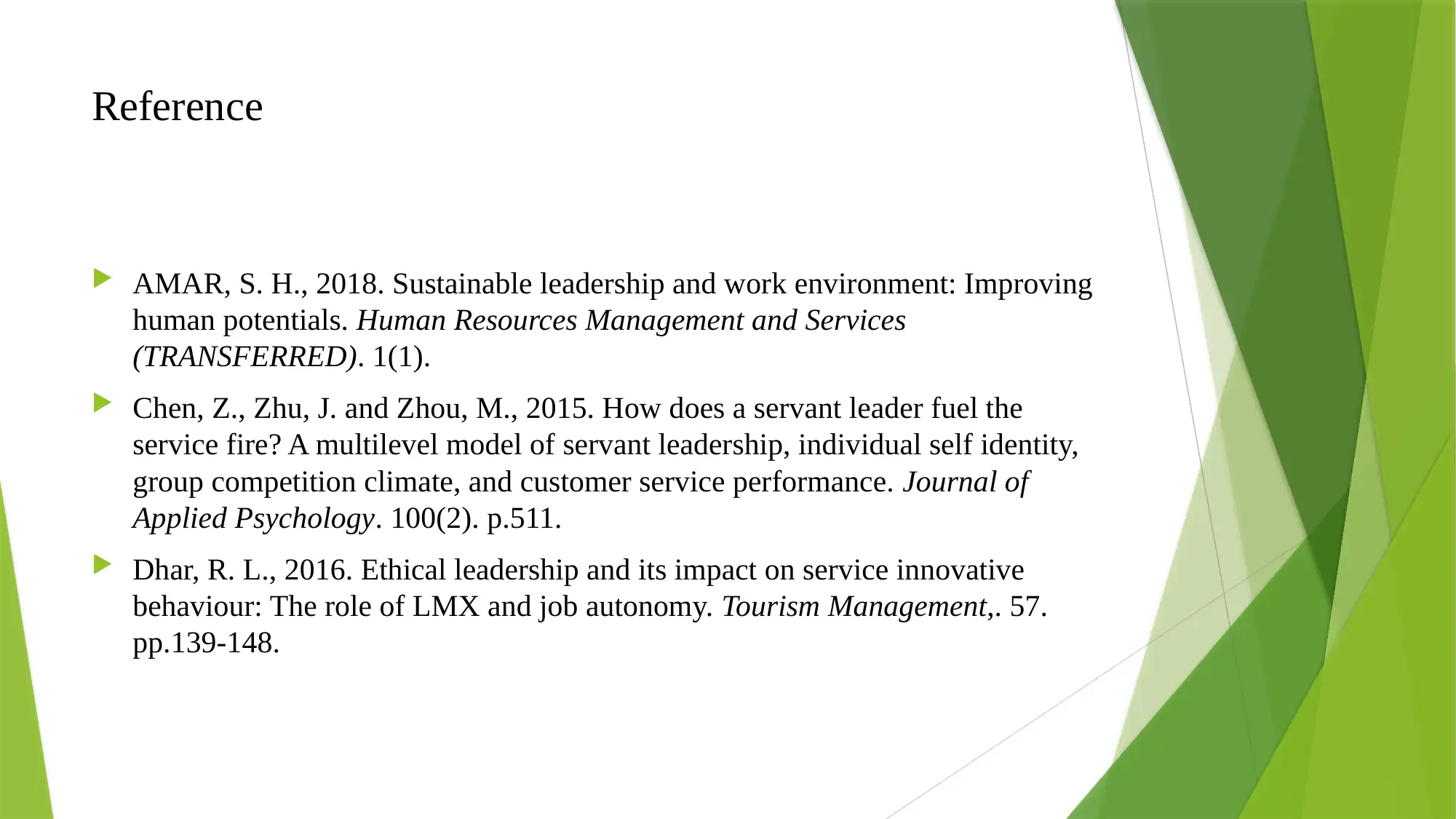







![[object Object]](/_next/static/media/star-bottom.7253800d.svg)